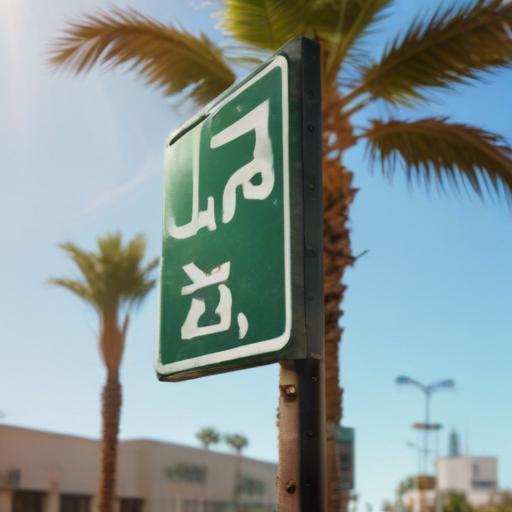Lucy Guo, the 30-year-old tech entrepreneur who recently became the world’s youngest self-made woman billionaire, has purchased a newly built mansion in Los Angeles’ Bird Streets for $30 million. The home, completed in 2024, originally listed for $43 million.
Perched on a Sunset Strip hillside, the multi-level contemporary residence was designed by Vantage Design Group and constructed from concrete and steel. The property offers panoramic views and high-end amenities tailored for tech-forward living: motorized glass walls that open to the pool and outdoor areas, multiple climate-controlled wine rooms, an immersive LED media wall in a high-tech family and media room, two elevators, five bedrooms and eight bathrooms. The estate also features drought-tolerant landscaping, a solar system integrated for resilience in emergencies, and a central smart home system.
Records show Guo was represented in the transaction by Barron Hilton and his wife, Tessa Hilton. The sale closed about 18 months after the house first hit the market.
Guo’s background helps explain the home’s tech emphasis. She co-founded Scale AI in 2016 and left in 2018 while retaining a large stake that has grown significantly in value. In 2022 she launched Passes, an AI platform that has attracted significant investor interest; reports note about $50 million raised in the company’s first two years. Forbes estimates her net worth at roughly $1.25 billion, a figure that positioned her ahead of previously youngest-holder Taylor Swift as the youngest self-made woman billionaire earlier this year.
This purchase expands Guo’s bicoastal real estate holdings. She owns a Miami condominium—purchased in 2021 for $6.7 million—designed by Zaha Hadid, and a Los Angeles modern farmhouse she acquired in 2024 for about $4.2 million. Public comments and interviews indicate a highly work-focused lifestyle: Guo has said she often works while traveling, limits vacations, commutes by electric skateboard or with staff, exercises frequently, and pursues creative outlets like DJing.
Commentary and context
– The price reduction from the original $43 million listing to a $30 million sale suggests either a strategic negotiation by Guo or market-driven pricing adjustments in luxury residential markets.
– The home’s combination of smart systems and solar resilience reflects a growing trend among high-net-worth buyers to prioritize technology integration and disaster preparedness.
– Guo’s purchases underscore a pattern of tech founders converting equity in high-growth startups into real-estate investments, diversifying assets while acquiring lifestyle properties that reflect their professional interests (e.g., advanced home tech).
Additional comments to add value for publication
– Consider including interior photography or a virtual tour link (if available) to showcase the home’s indoor-outdoor design and LED media wall—features that set this listing apart from typical luxury properties.
– A short sidebar comparing this purchase to recent high-profile buys in the Bird Streets neighborhood would give readers market context.
– Interview excerpts or background on Vantage Design Group’s other projects could help readers understand the architectural pedigree.
Summary
Lucy Guo bought a newly built, tech-forward Bird Streets mansion for $30 million—down from a $43 million initial listing—adding to a bicoastal property portfolio. The home’s advanced smart systems, sustainable features and entertainment-ready spaces reflect Guo’s tech background and the preferences of contemporary billionaire buyers.
Hopeful perspective
Guo’s investment in a home with eco-conscious features and resilience systems points toward a luxury market increasingly attentive to sustainability and preparedness. Her continued entrepreneurial success and reinvestment into tangible assets also demonstrate one route founders use to convert innovation-driven wealth into durable community and property investments.
